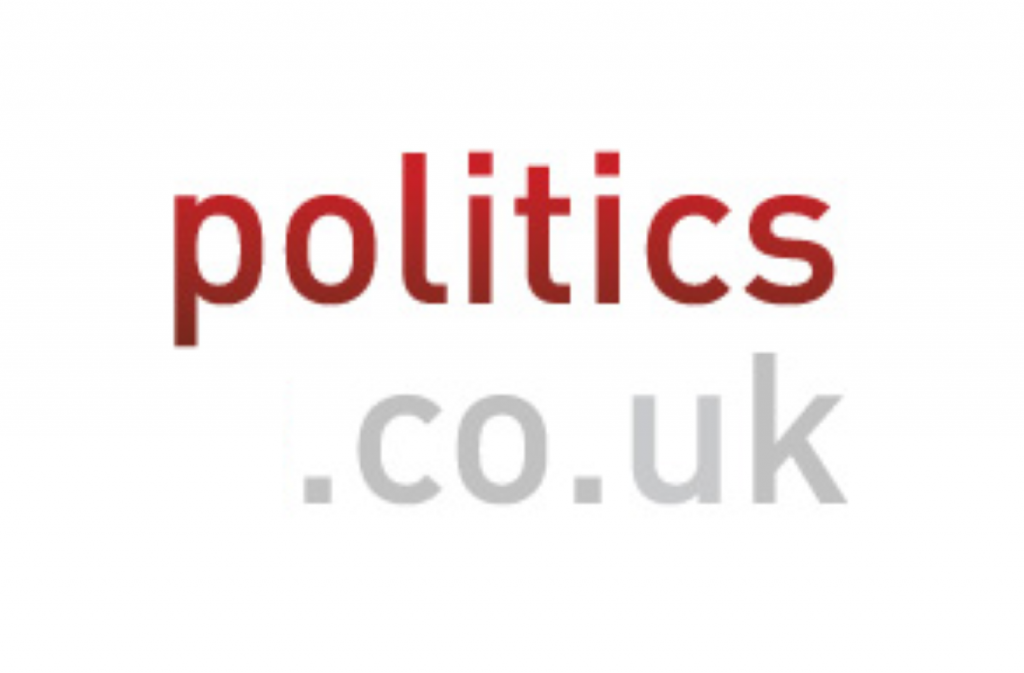Queen’s Speech: Kennedy attacks ‘redundant’ voting system
Liberal Democrat leader Charles Kennedy has described the first past the post voting system as “redundant” and belonging to “a redundant age of British politics”.
He told the House of Commons that the time had come for the Prime Minister to “revisit the whole issue of voting reform in this country”.
His comments come after Labour won the recent general election by securing just 35.2 per cent of the popular vote.
Responding to the Queen’s Speech, the Liberal Democrat leader also pledged to maintain his party’s opposition to ID cards.


“We have been through many of these arguments before, we look forward very happily, particularly with a reduced Labour majority in this House, to replaying those arguments again and to see how attention may have shifted with opinion in the Parliamentary Labour Party and indeed in the wider country,” he said.
He said of the anti-terrorism legislation, which is due to be revisited in this Parliament, that “it may yet prove possible to establish an all party consensus on the matter”.
“Individual liberty,” he added, “should never be in the hands of an over mighty executive, but should be within judicial control of a long established nature” balanced with “the continuing vigilance needed where approaching and combating terrorism is involved.”
He also expressed hope that it would be possible to establish a consensus between the parties on pensions provision.
On health and education, Mr Kennedy said his party opposed the centralisation of targets. He backed plans for diversity of provision, but said the real choice people wanted was for “quality local provision”.
Turning to local taxation, he responded to criticism of the Liberal Democrat’s local income tax plans by pointing to the Poll Tax and the Council Tax.
“So I’m not going to take any lectures from other quarters when the people have presided over such an absolute mess on local taxation and that is why we will continue to make the case,” he said.
Looking ahead to a referendum on the European Constitution, Mr Kennedy said it was time to “make a positive case for Europe, one that actually engages and persuades the public.”

